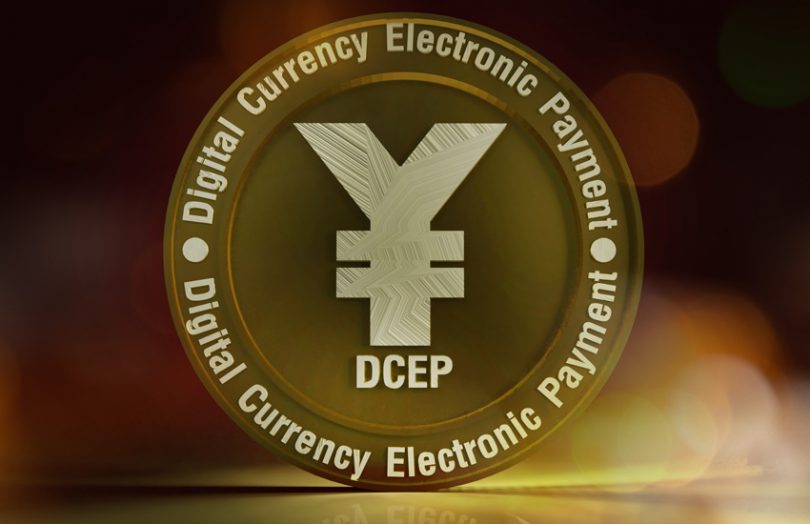Details about China’s central bank digital currency (CBDC) have dribbled out in a combination of rumor, leaks and official statements. The latest news is from an official source, the Central Commission for Discipline Inspection, which is tasked with enforcing regulations and combatting corruption. In the digital renminbi article, the director of the central bank’s Digital Currency Research Institute, Ma Changchun, clarified that the use of the digital currency is a choice.
“This is not a mandatory process, but a process of market-based choice,” said Changchun. “We designed the digital RMB (renminbi) from the needs of the people, and also realize the issuance and use of the digital RMB from a market-oriented perspective.”
While consumers may have a choice about whether to use the CBDC, businesses may not. A previous state media report outlined that the digital yuan cannot be refused as payment. Furthermore, many of China’s largest organizations are state owned, and they may use the digital renminbi. The first tests are along these lines.
The latest article has an entire section headed “Will not impact WeChat Alipay“. Given 80% of adults already use electronic payments, why is a digital currency needed? The answer given is to protect currency sovereignty and legal currency status. It also notes there are risks of service interruptions for those two platforms, and hence the digital yuan provides a backup with similar functions.
Other uncertainties raised by the public are also addressed.
First and foremost seems to be controllable anonymity. The digital yuan (also known as DC/EP) is loosely coupled with the banking system but does not require a bank account.
Hence, people in remote areas who don’t have bank accounts will still be able to use digital cash, as can tourists.
But anonymity seems to be a tightrope. Payments linked to bank accounts don’t provide the level of anonymity consumers demand. In the case of the digital yuan, anonymous payments are possible for “some reasonable and legal micropayments”.
For large payments, a real name account is required for monitoring corruption and money laundering.
“As long as you can prove your identity, you can use it as an account. For example, your license plate number can become a sub-wallet of digital RMB. When you pay through the highway or parking, this is the general account system concept.”
“We want to strike a balance between protecting personal privacy and preventing crime,” said Mu Changchun. At the same time, corrupt people may attempt to break large transactions into smaller amounts to gain anonymity. If that’s suspected, then the authorities will request data verification.
Other concerns that are addressed include that the currency can be used offline, so it’s useful where internet reception is poor such as underground parking or on airplanes. The currency will also be available via prepaid cards for those that don’t have a smartphone. If someone embezzles funds in a wallet, provided it is associated with a real name, there is the ability to report the loss.
Meanwhile, in other currency news, last month, a political proposal was made in China to incorporate the digital renminbi in an Asian stablecoin that would include the Korean won, Japanese yen and Hong Kong dollar.






